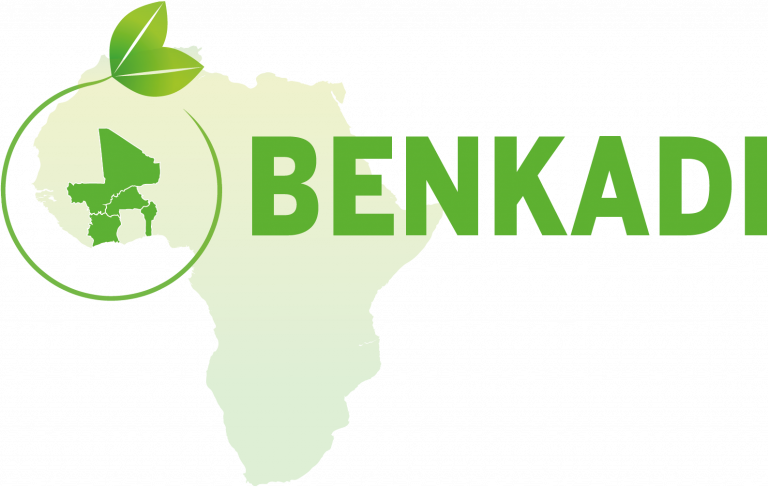Benkadi the Netherlands
One of Woord en Daad's policy themes focuses on climate resilience for the poorest of the poor. In the coming years, we want to focus on building partnerships between communities to learn how to deal with climate change.
In the Benkadi project we focus on strengthening the position of vulnerable groups and communities in Benin, Burkina Faso, Ivory Coast and Mali when it comes to the effects of climate change. We also strive for equal access for these groups and communities to rights, possibilities and opportunities to be resilient to climate change.
In collaboration with governments, local communities and the private sector, we implement concrete actions to reduce ecosystem degradation such as deforestation, coastal erosion and pollution from gold mining. The goal is to turn decline into progress.
Southern leadership
Lourens van Bruchem is project leader for the Benkadi project from Woord en Daad. Van Bruchem: 'This project is mainly led by the people in the South. Every country has its own problems, so we place different accents. But everyone needs food and sufficient fertile soil is needed for that. More and more families are confronted with extreme poverty as a result of (local) climate change. We want to give 'civil society' a voice towards their governments!'
Grant application
SPONG, an important partner organization of Woord en Daad from Burkina Faso, dreamed of change: creating national involvement of the population in programs related to climate change. Because the level of democracy is really under pressure in some of these countries, this immediately presents them with a serious challenge: how do you do that? Woord en Daad helped SPONG, together with the West African consortium 'Benkadi' ('together for a good cause') from Benin, Ivory Coast and Mali, to apply for the Power of Voices fund of the Dutch Ministry of Foreign Affairs. The West African ownership in this application is unique; Woord en Daad is the only Dutch NGO participating in this consortium.
We are grateful that the Dutch government has approved the application for five years, making it possible to finance the project.
